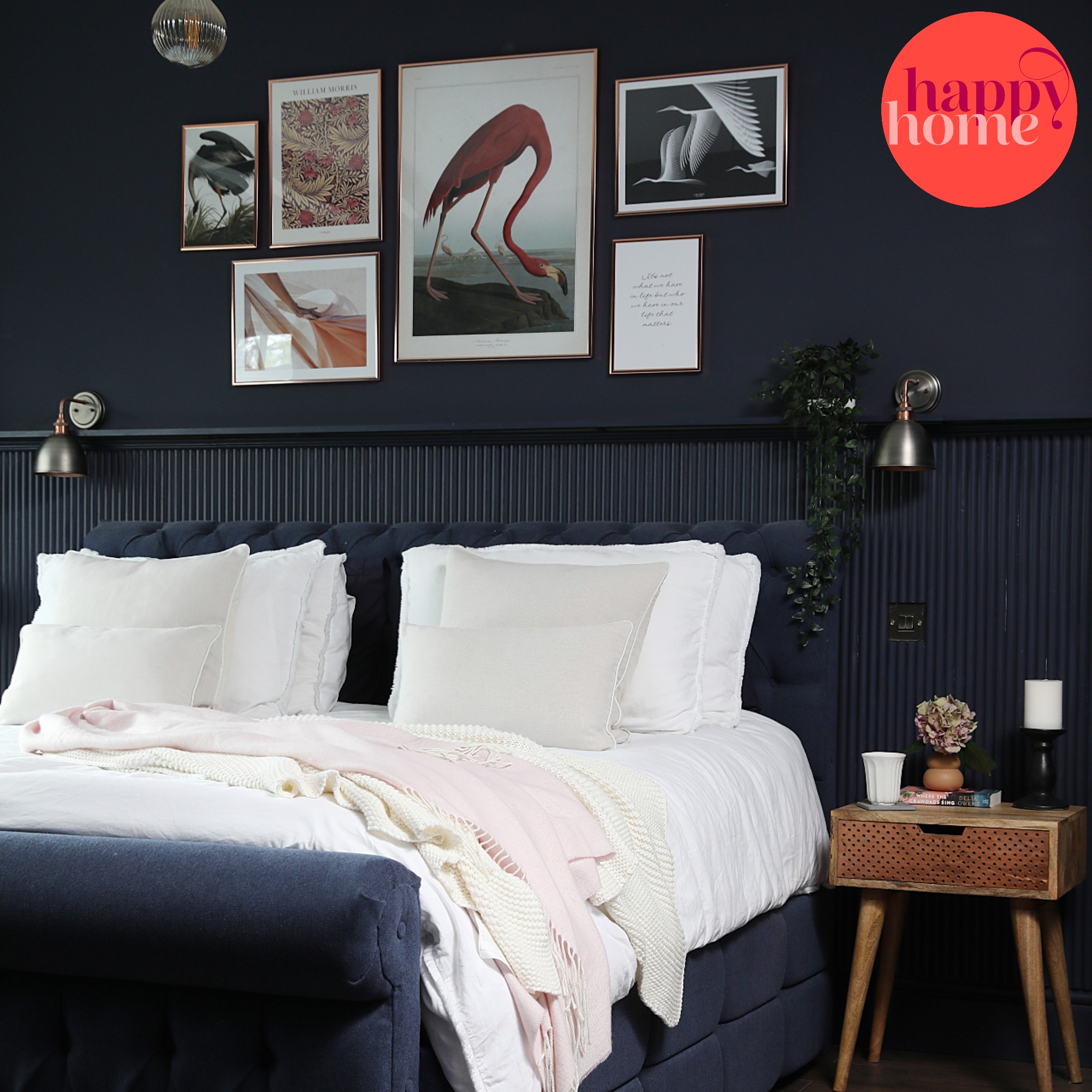
Procrastination. It's something that affects many of us within our day-to-day lives, bringing about a never-ending 'I'll do that later' mindset in a handful of our responsibilities. However, did you know that we do the same thing before going to bed that affects us from sleeping better?
Allow us to introduce you to the phenomenon of bedtime procrastination, which is the act of delaying or postponing going to bed, even when you're well aware that it's time to sleep. For many, it's because we feel like we don't feel like we have enough time during the day, so we make it up right before bedtime.
This can often result in going to bed later than intended and getting insufficient rest – and the common denominator? You always regret it in the morning. Sound familiar? Because we are certainly guilty of this.
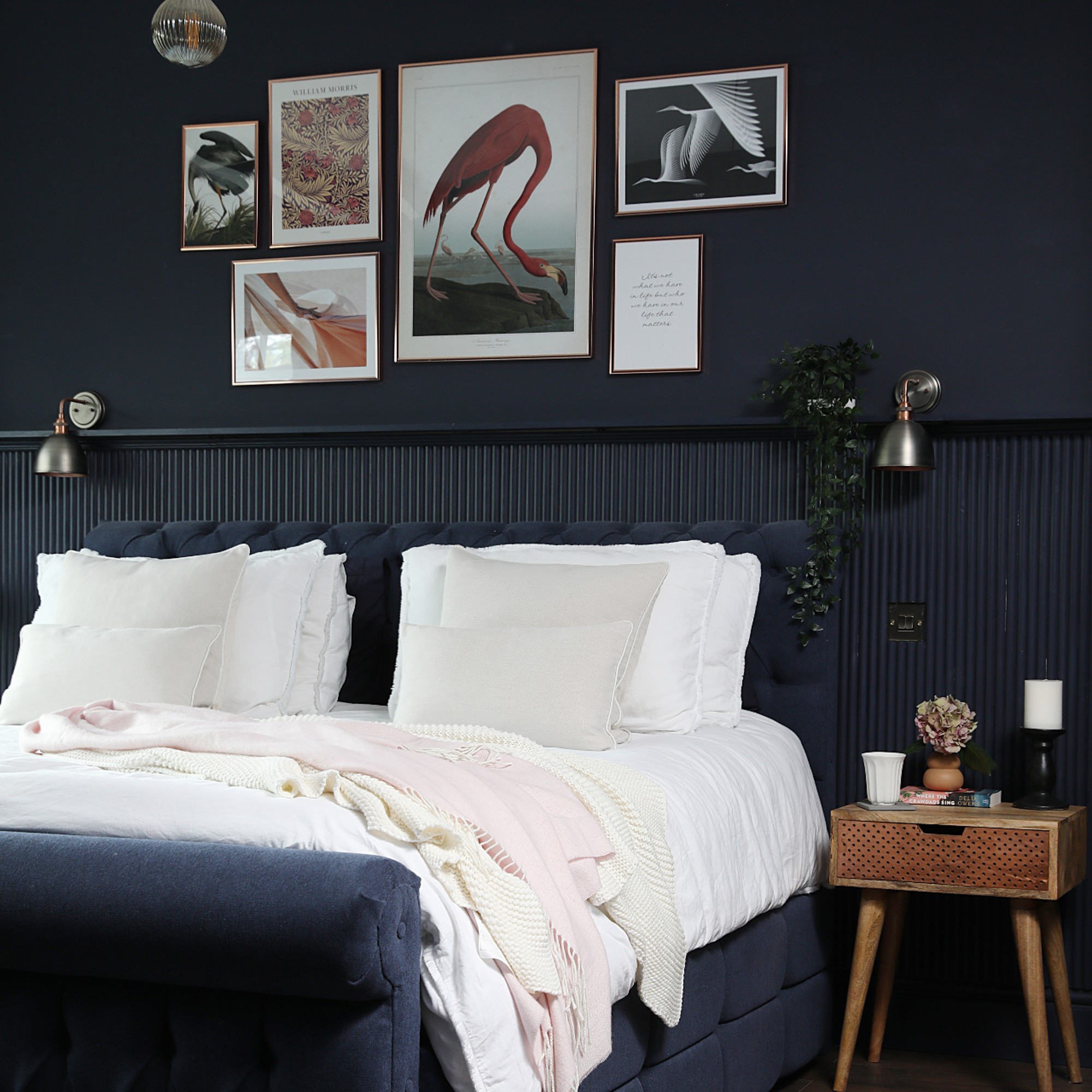
Recent research from Dreams revealed that nearly half (42%) of Brits scroll on social media in the hour before sleeping, with people spending nearly 15 minutes on average looking at social media before bed each night.
This is a staggering 200% rise from 2016, when a previous study of theirs revealed that Brits spent only 5 minutes looking at social media per night. The increased use of social media platforms, namely TikTok, Instagram, and Twitter, well past our bedtimes had led to an increasing number of people suffering from disrupted sleep patterns and severe cases of daytime fatigue.

Sammy Margo, sleep expert at Dreams warns, 'Falling down the TikTok 'rabbit hole' before bed messes with your body’s natural sleep-wake cycle, leaving you tossing and turning instead of enjoying restorative sleep. The short-form and highly engaging nature of TikTok videos stimulate cognitive arousal in our brains, making it harder to unwind and prepare for sleep.'
How to stop bedtime procrastination – 5 tried and tested methods for optimal sleep
So, what are some practical solutions to stop bedtime procrastination? We've asked the Ideal Home team and sleep experts for their top tips and tricks to help you overcome bedtime procrastination and kick the habit to the kerb once and for all.
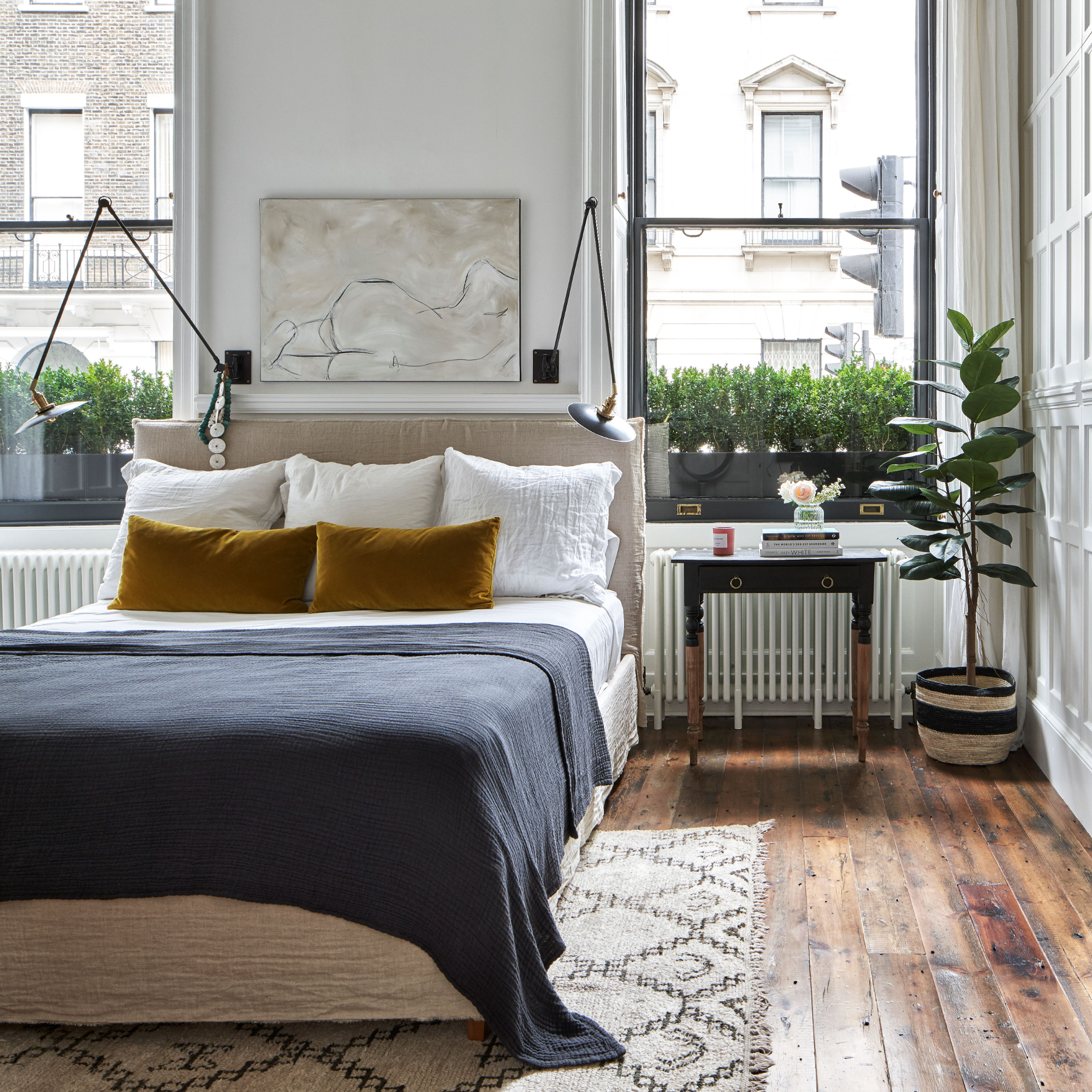

1. Set a bedtime alarm
It might seem rogue, but considering we spend so much of our 24 hours in a day asleep (or we should be, anyway), we admittedly don't prepare enough ahead of time to ensure a restful sleep.
'Set an alarm to remind yourself to wind down for bed. Give yourself ample time to wind down and prepare for a blissful slumber,' advises Sammy Margo at Dreams.
Take this time to take a shower or bath, cleanse, moisturise, and get into your PJs – all the good luxurious stuff – so you actually feel prepared to rest.

2. Limit your blue light exposure before bed
'Short-wave blue light emitted from electronics suppresses melatonin (the body's sleep hormone) negatively impacting both sleep quality and quantity. So avoid blue light exposure for at least an hour before bed,' advises Thomas Høegh Reisenhus, sleep specialist and sleep counsellor at TEMPUR.
Dr Hana Patel, resident sleep expert at Time4Sleep adds, 'Whilst I appreciate it might be difficult to completely cut out a bedtime scroll, it's important to try this if you struggle with sleep. Even switching your phone into dark mode or lowering the brightness on your phone or TV will reduce its intensity and thus the level of stimulation, however, it's best to switch it off completely if you can.'
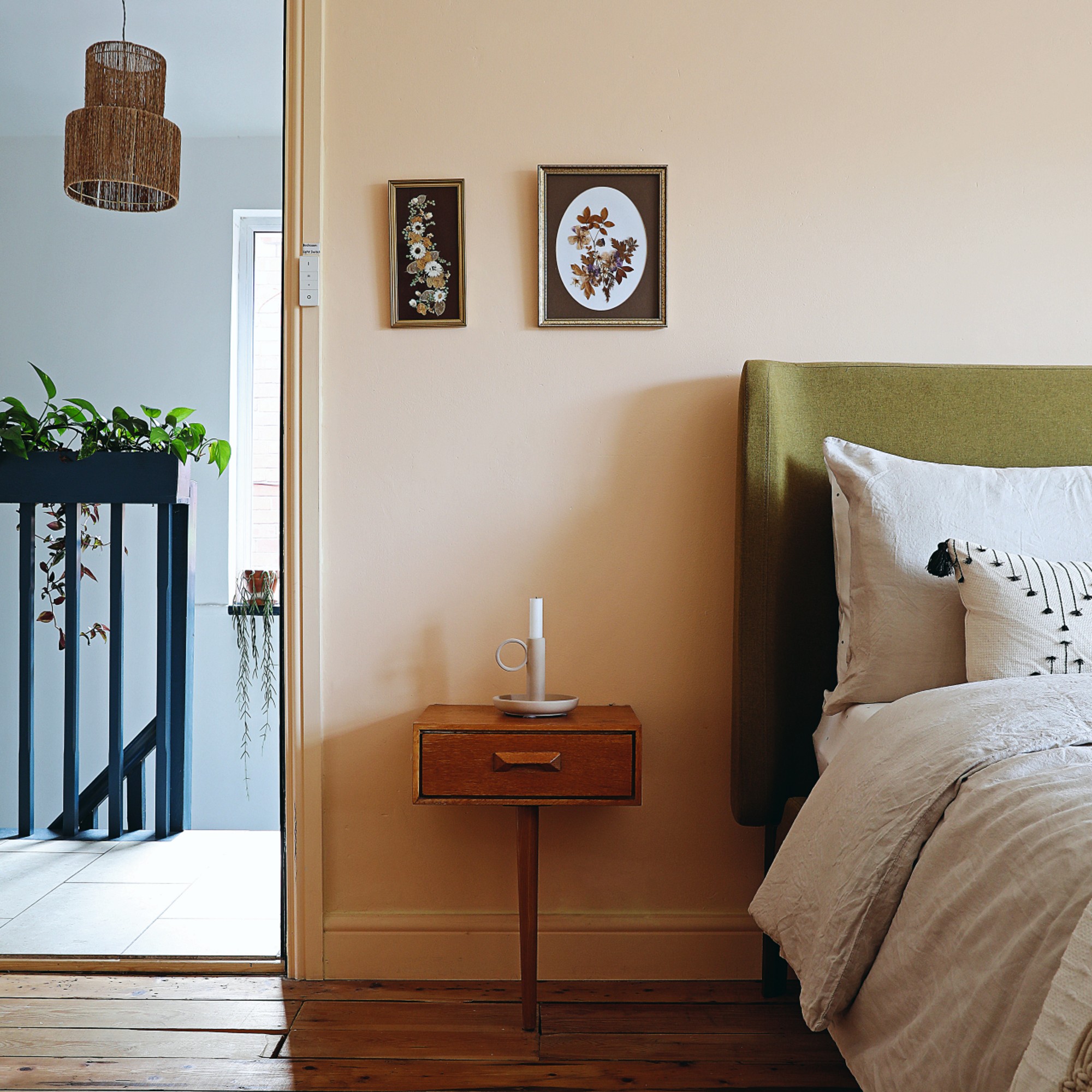
3. Keep gadgets out of your bedroom
'Make it a habit to keep your phone on the other side of the room or outside your bedroom, preferably on silent so you're not tempted to reach it,' advises Sammy Margo at Dreams.
The same goes for leaving other electronics in your room, such as your laptop, for example. Our Deputy Digital Editor, Rebecca Knight, makes keeps her laptop in a separate room completely so it's hidden out of sight, preventing her from thinking about her work to-do list.
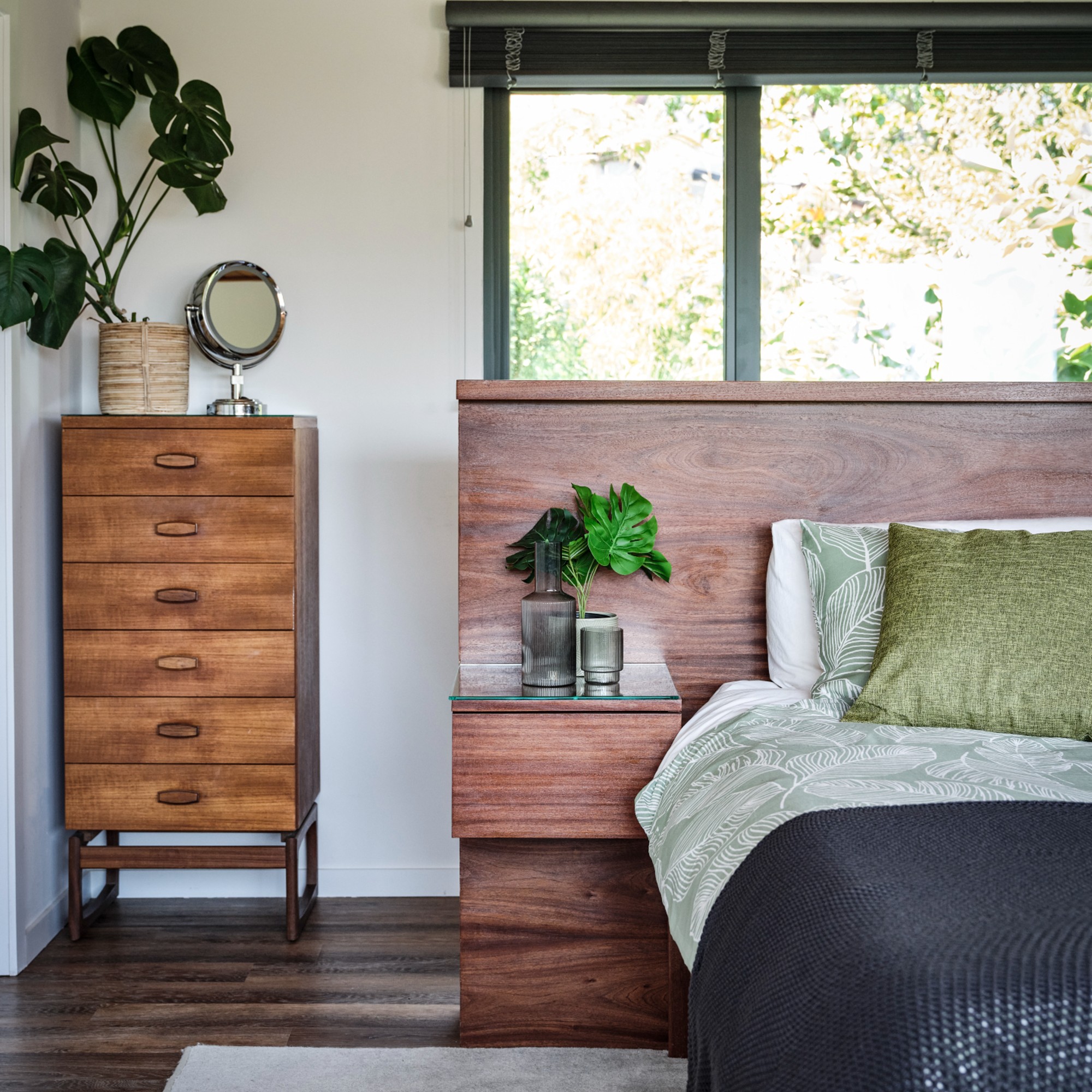
So many of the Ideal Home team have attested to leaving their phones outside of their bedrooms, and the ones who don't simply turn their phones on 'Do Not Disturb' limiting the influx of notifications and accessing certain apps – TikTok, we're looking straight at you.
If you're worried about leaving your phone out of sight and silenced throughout the night and need some added security, our Editor Andrea Childs suggests having it set so you can still receive calls from your family in case of an emergency.
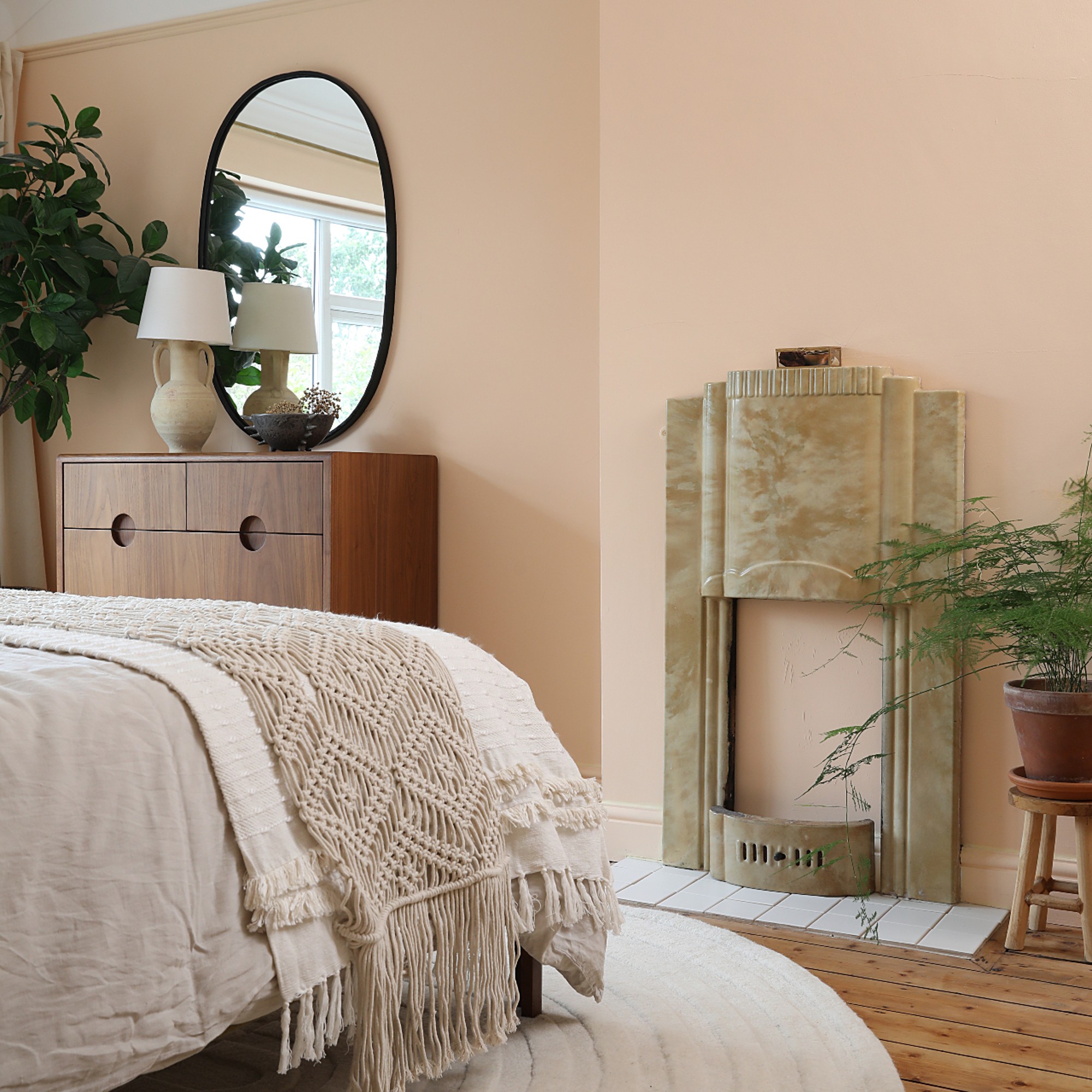
4. Switch up your bedside table
Bedside tables are a great bedroom storage idea, especially if you're looking for somewhere to house your easy-to-reach essentials. Instead of leaving your phone there as many typically would, why not opt for some sleep aid essentials?
Consider your bedroom lighting ideas and look around for a table lamp to set the night-time ambience. Our Assistant Editor, Thea Babington-Stitt loves lighting some candles and switching on her Himalayan salt lamp, £10.99 from Amazon.
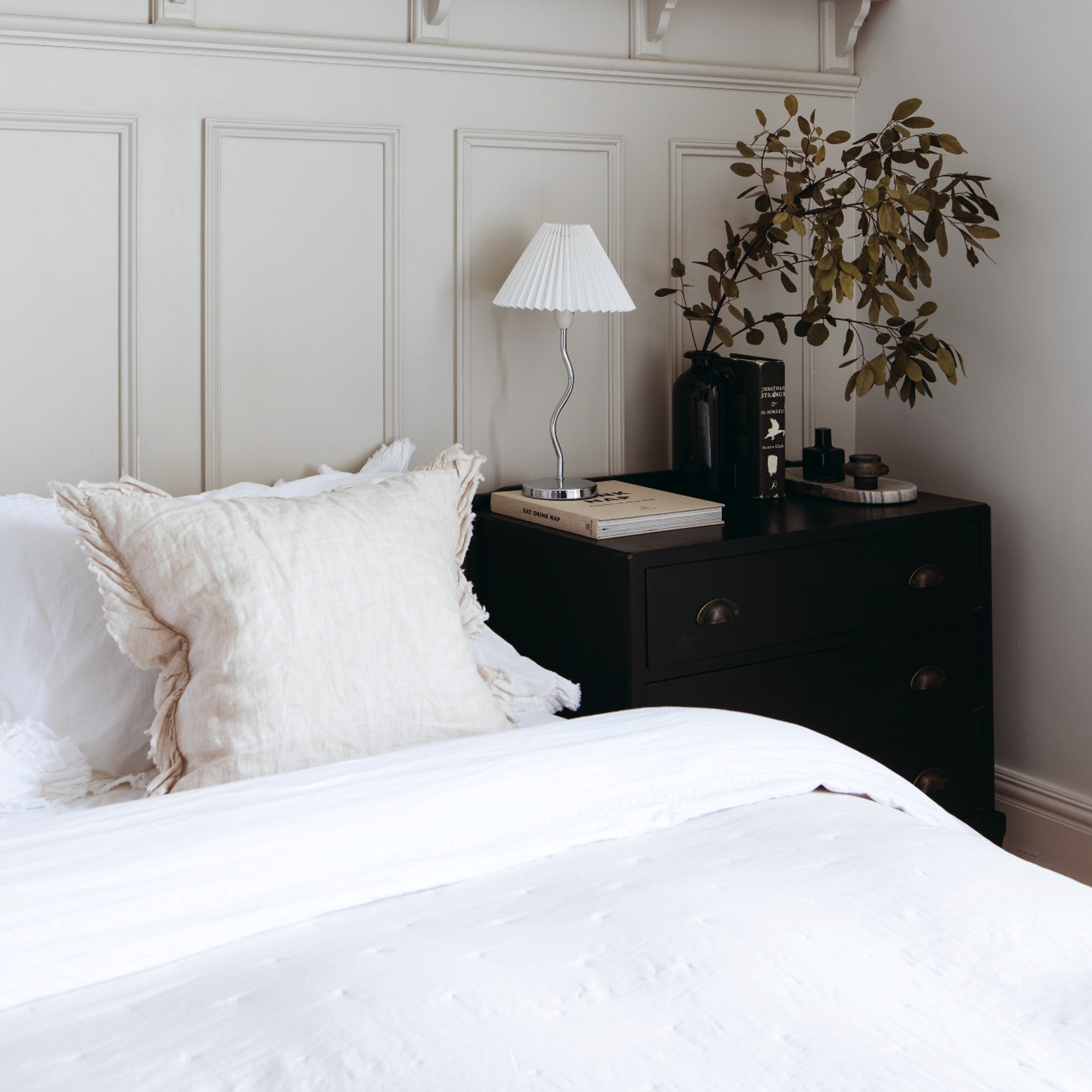
A handful of our editors are definitely partial to a good book, leaving one close to hand to read as they wind down before bedtime. However, the key step in a night-time routine for both our Content Editor, Holly Cockburn, and our Deputy Print Editor, Ginevra Benedetti is spritzing their pillows with This Works Deep Pillow Spray, £6 on Amazon.
Keep these essentials on your bedside table and try your best to stick to the routine, and we're certain it'll make a huge difference in your quality of sleep.
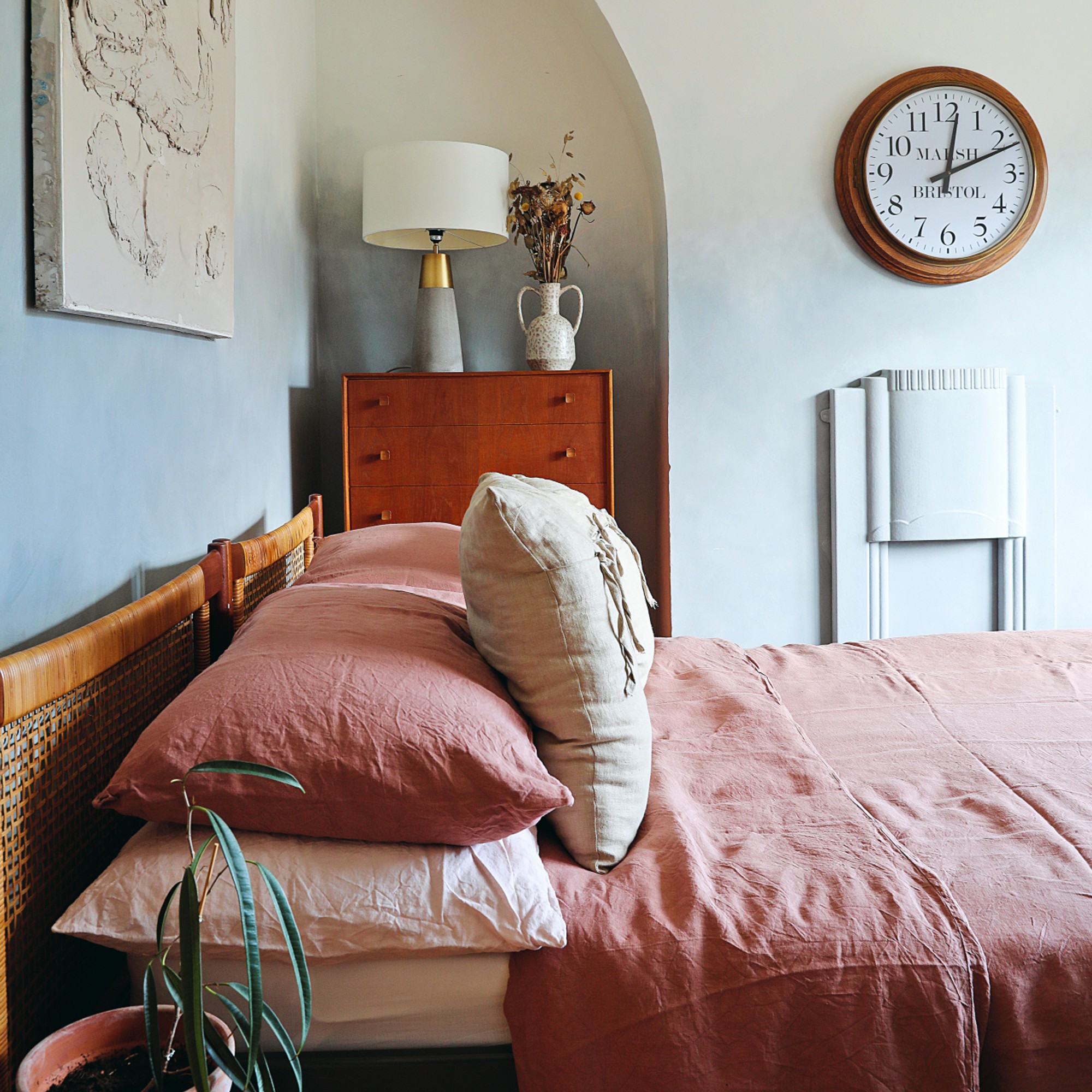
5. Treat yourself to a new alarm clock
If you're going through the effort of decluttering your bedside table to rid yourself of tech clutter and start afresh, we suggest treating yourself to a dedicated alarm clock while you're at it.
Sammy Margo at Dreams recommends using a standalone alarm clock as 'this will remove the need to keep your phone next to your bed or even in your bedroom at night. Just make sure that it doesn’t tick too loudly or shine too brightly as this may disturb your sleep.'
While we do love a traditional alarm clock as it'll always be a classic, many of our team are big fans of sunrise/sunset alarms that aid your sleep and wake you up with light therapy, such as a Lumie alarm clock, like this one from John Lewis.
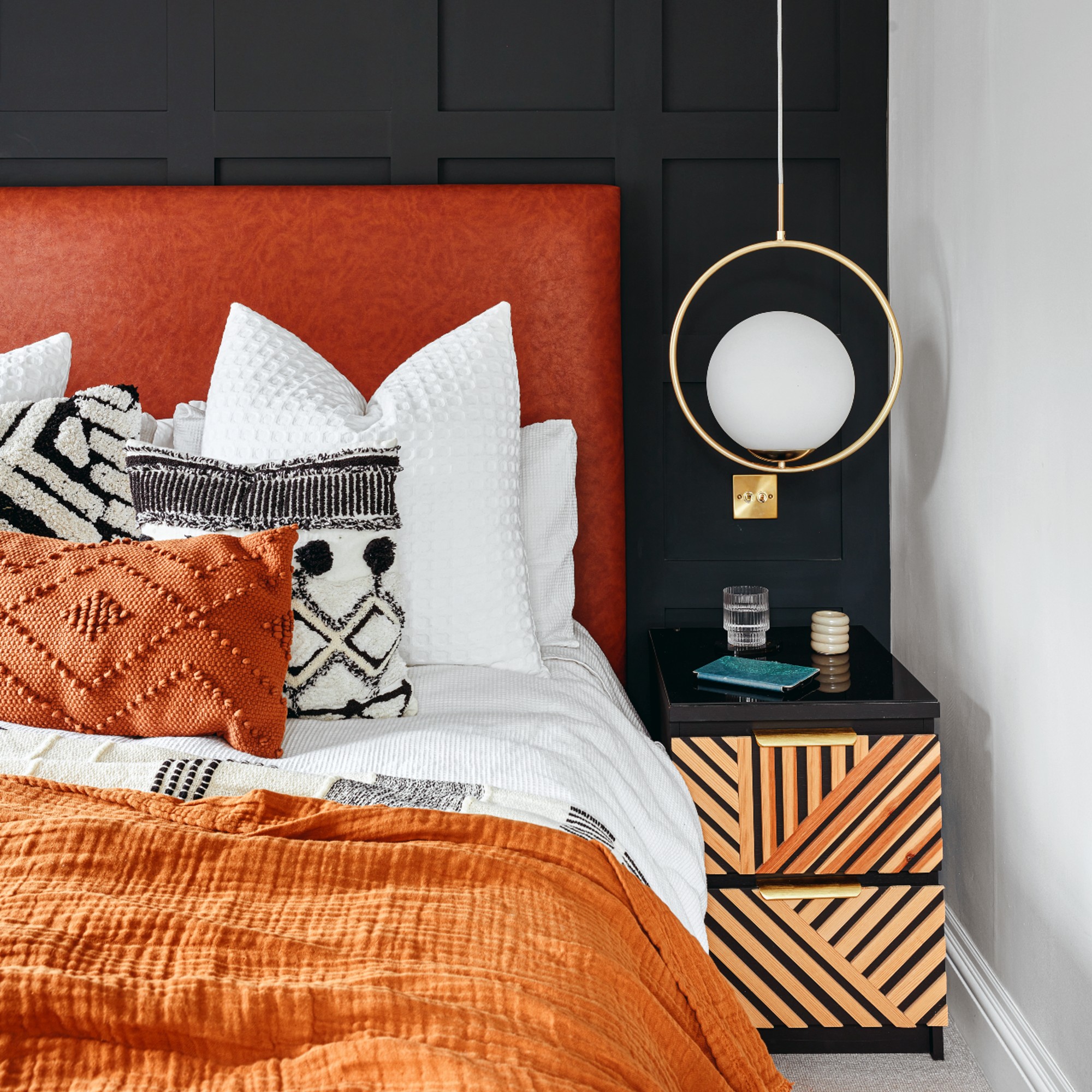
Admittedly, the tips aren't revolutionary, but it's the small things you do every day that eventually add up and make a difference. Consider trying out some of these changes for yourself, sticking to them for at least a week, and seeing how you feel.
We're pretty confident that with a little motivation, you might surprise yourself with just how much you can overcome bedtime procrastination – rejoice in even the littlest of wins. You deserve a restful night's sleep, after all.







